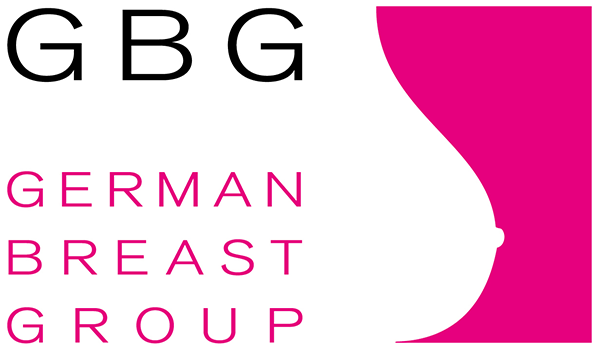The prestigious Journal of Clinical Oncology published the latest results from the APHINITY trial, which investigates the effect of pertuzumab combined with adjuvant trastuzumab and chemotherapy in patients with early-stage HER2-positive breast cancer. With a median follow-up of 8.4 years and 4,804 patients, the third planned interim analysis provides a nuanced view of pertuzumab's role in the adjuvant setting
❕ What we know so far: Pertuzumab improves invasive disease-free survival
As previously shown, adding pertuzumab to trastuzumab and chemotherapy improves invasive disease-free survival in HER2+ breast cancer patients. In this latest analysis these findings remain consistent. Patients with node-positive disease show a clear benefit, with an invasive disease-free survival of 86.1% compared to 81.2% in the placebo group—an absolute improvement of 4.9% favoring pertuzumab (hazard ratio [HR*] 0.72 [95% CI 0.60-0.87]).
❕ Overall survival: No significant improvement yet
The 8-year overall survival rate was 92.7% in the pertuzumab group and 92.0% in the placebo group, corresponding to a HR* of 0.83 [95% CI 0.68-1.02]. Despite a trend towards improvement, this difference is not statistically significant (p=0.078), falling short of the stringent significance threshold of 0.006.
It is particularly noteworthy that the overall survival impact varies between node-positive and node-negative patients. While those with node-positive disease benefit significantly (HR* 0.80 [95% CI 0.63-1.00]), no difference was observed in the node-negative group (HR* 0.99 [95% CI 0.64-1.55]).
❕ Hormone sensitivity and survival benefits
The new analysis also explores the role of the hormone receptor (HR) status of tumors. Both HR-negative and HR-positive patients benefitted from the addition of pertuzumab. For HR-negative patients, the HR* was 0.82 [95% CI 0.64-1.06], while HR-positive patients had a HR* of 0.75 [95% CI 0.61-0.92]. This underscores the importance of pertuzumab, regardless of the hormone status of the disease.
❕ Cardiotoxicity: No long-term risks identified
A positive outcome from the long-term data is related to the safety of the treatment approach. The study shows no evidence of late cardiac toxicity from the addition of pertuzumab, which is crucial for long-term survival and quality of life in breast cancer patients.
📣 Conclusion: Pertuzumab remains standard for node-positive HER2-positive patients
The current results confirm the effectiveness of pertuzumab in the adjuvant setting for HER2-positive breast cancer patients, particularly those with node-positive disease.
While the difference in overall survival has not yet reached statistical significance, pertuzumab remains an important therapeutic option due to the improved invasive disease-free survival in this patient group.
☝ Based on these results, pertuzumab continues to be clinically recommended for node-positive HER2-positive breast cancer patients!
Read the full paper here: Aphinity-Articel on the Journal website
